SEOUL, KOREA, REPUBLIC OF — Canada and South Korea penned new deals on supply chains for critical minerals and youth mobility as Prime Minister Justin Trudeau wrapped up talks with the country’s president.
The joint effort to increase economic and cultural ties comes as both countries aim to reduce their dependence on China.
“We recognize – both of us – that China is an important economic partner, not just in the region but around the world,” Trudeau said in Seoul at a joint news conference with South Korean President Yoon Suk Yeol.
“But we need to be clear-eyed about where we co-operate with China,” Trudeau added, noting Canada co-hosted a United Nations summit on biodiversity with the country in Montreal last year.
“We need to know where we’re going to be competing with China on economic grounds and where we need to challenge China on human rights and other issues,” he said.
“It’s something that we will both be continuing to do in ways that make sense for our own countries and our own situations.”
During Trudeau’s first official trip to South Korea, his government signed a memorandum of understanding on critical minerals, the clean energy transition and energy security, which he said will mean more investment and trade for Canada.
Ottawa has increasingly focused its attention and resources on shoring up its critical minerals industry, in part to build a more robust supply chain to manufacture goods such as electric-vehicle batteries.
And the increased co-operation with South Korea comes as G7 nations are increasingly discussing the idea of “friendshoring.”
Last week, Finance Minister Chrystia Freeland met with other G7 finance ministers and discussed how to increase co-operation among like-minded countries.
They aim to “differentiate our economies to make our supply chains more resilient, and to create good jobs for people in Canada and around the world,” she said during a news conference.
“Specifically, (by) working together to respond to economic coercion by authoritarian regimes.”
Both Canada and South Korea have released Indo-Pacific strategies within the past year, which provide road maps for strengthening military and economic relationships in the region to counterbalance the influence of Beijing.
But even as western countries and their allies feel increasingly threatened by China, they appear to remain cautious in their remarks about the country.
China blasted as hypocrisy assertions by the U.S. and other G7 countries that they are safeguarding a “rules-based international order” against “economic coercion” from Beijing and other threats.
China itself is a victim of economic coercion, Chinese Foreign Ministry spokesperson Wang Wenbin said.
“If any country should be criticized for economic coercion, it should be the United States. The U.S. has been overstretching the concept of national security, abusing export controls and taking discriminatory and unfair measures against foreign companies,” Wang said in a routine news briefing, according to an official English translation.
While the Liberal government is touting its visit to South Korea as a success, it’s currently in a dispute with automaker Stellantis, which has halted construction on an electric-vehicle battery plant in Windsor, Ont. The plant was being constructed in partnership with South Korean battery-maker, LG Energy Solution.
The pause highlights the challenges facing the federal government as they chart a path toward a clean economy by competing with other countries, namely the U.S., on subsidies.
The companies jointly wrote to Trudeau last month after Volkswagen announced it had secured a deal to set up a battery plant in St. Thomas, Ont. That deal had Canada offering a $700-million capital contribution and $8 billion to $13 billion in production subsidies to match what Volkswagen would get in production tax credits under the U.S. Inflation Reduction Act.
The federal government has said it is negotiating with Stellantis but wants Ontario to contribute a bigger share of the money than the $500 million in capital costs it has put on the table.
Trudeau had little to add when asked about Stellantis in Seoul.
“Canada has been successfully delivering great jobs for the middle class across the country through investments by partners from around the world. We will continue to do that,” he said.
The visit also produced a renewed arrangement on youth mobility, which increases the annual quota to 12,000 people.
© 2023 The Canadian Press


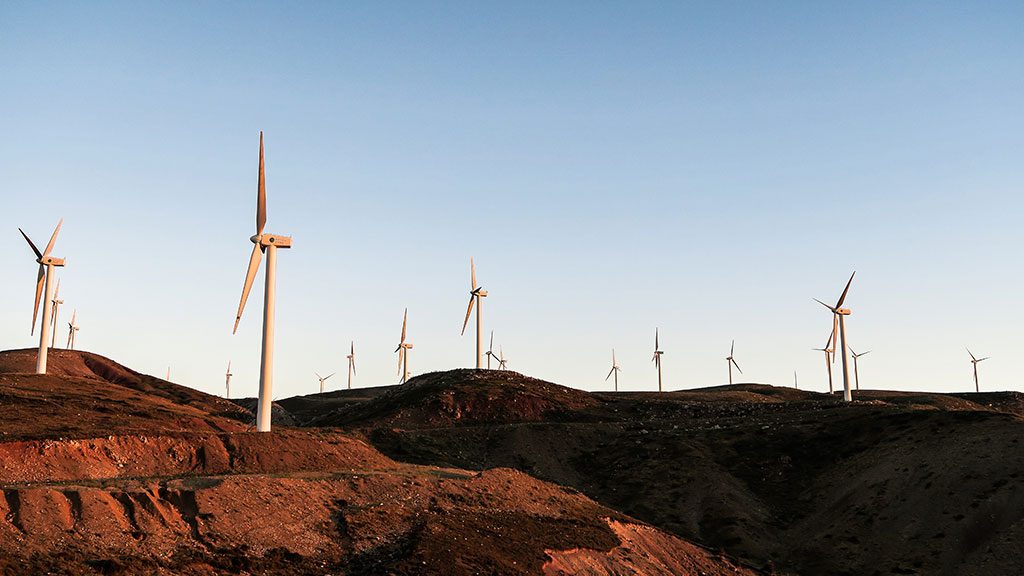

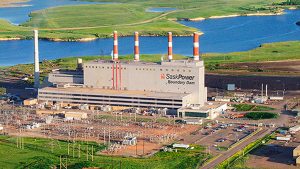
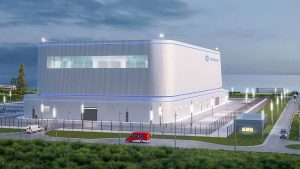
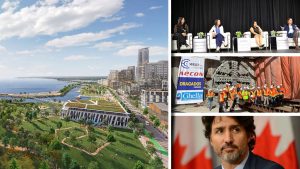

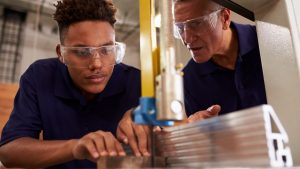
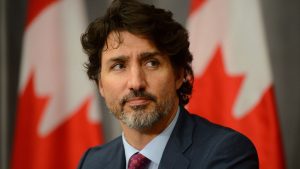

Recent Comments
comments for this post are closed